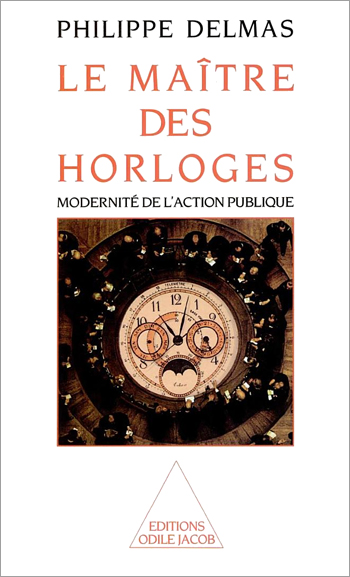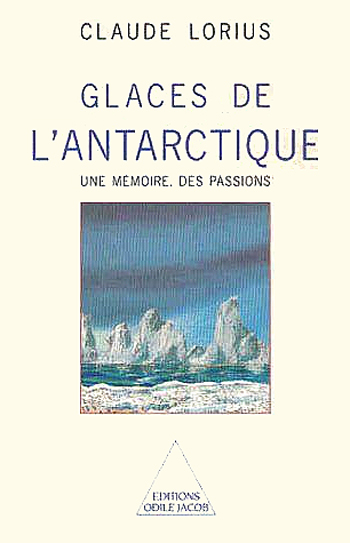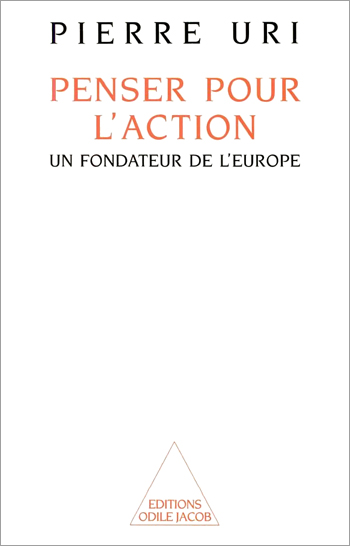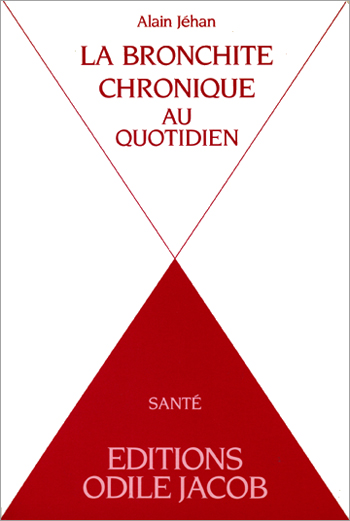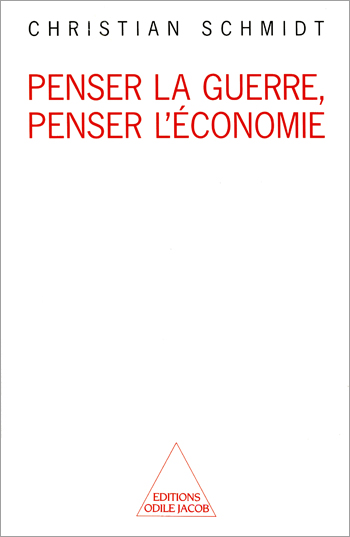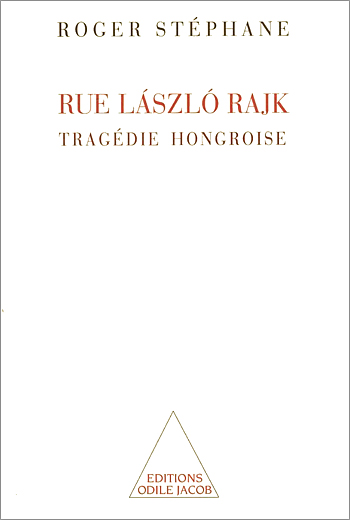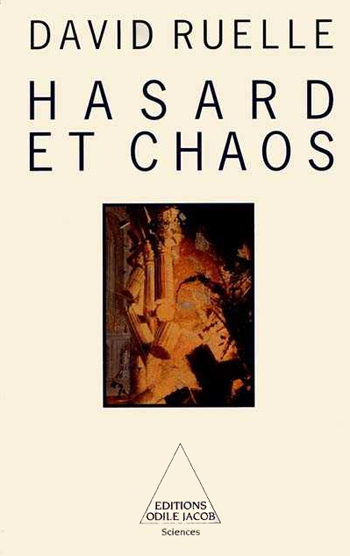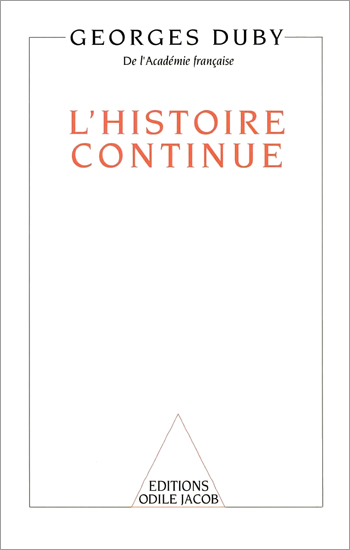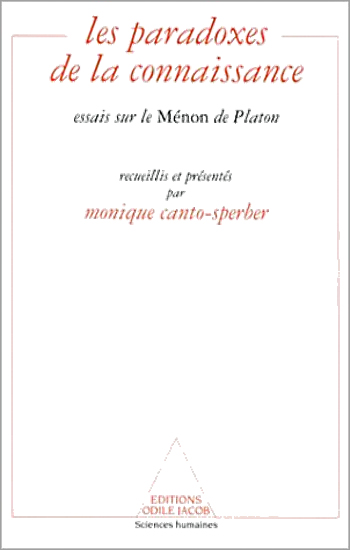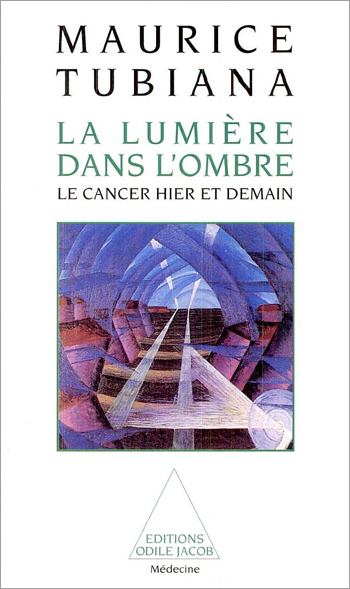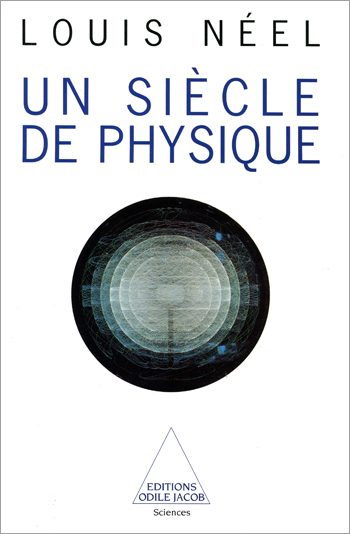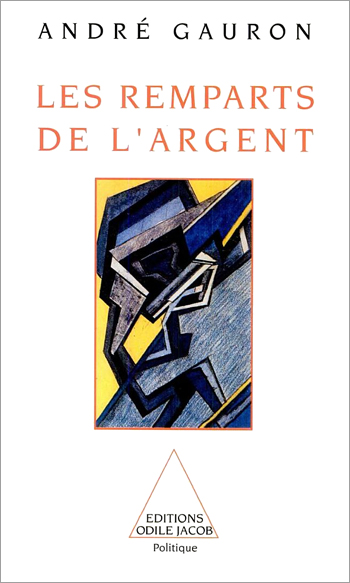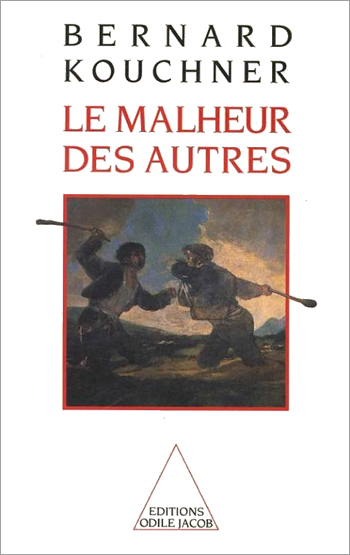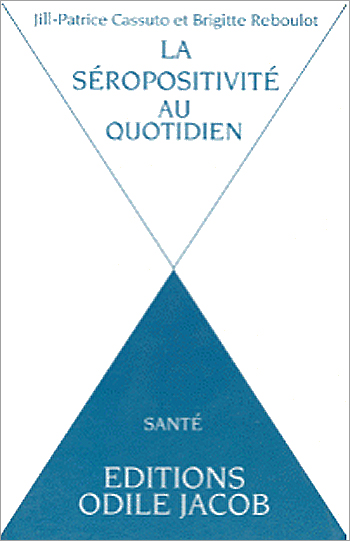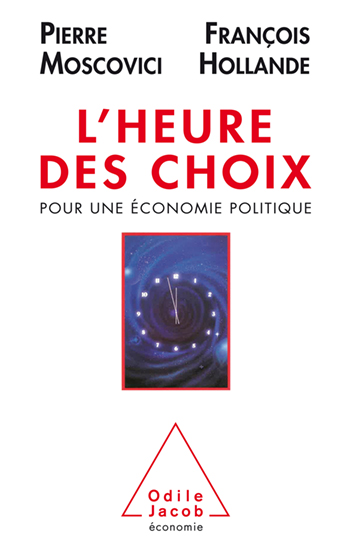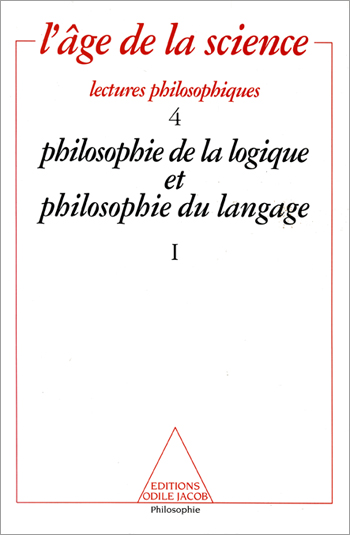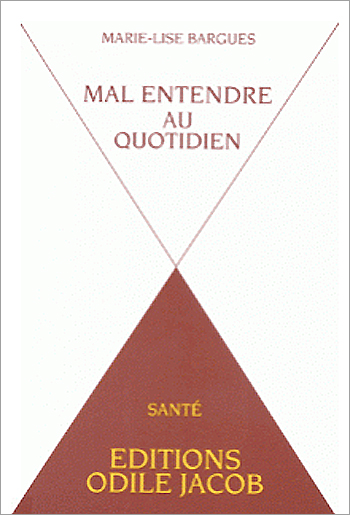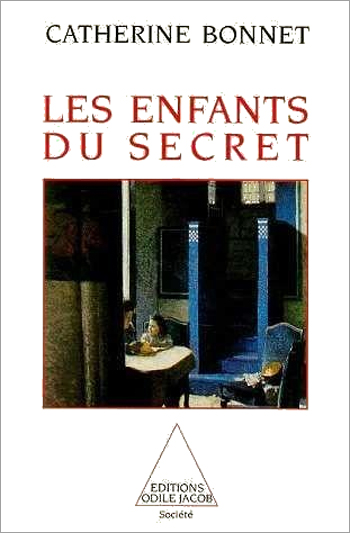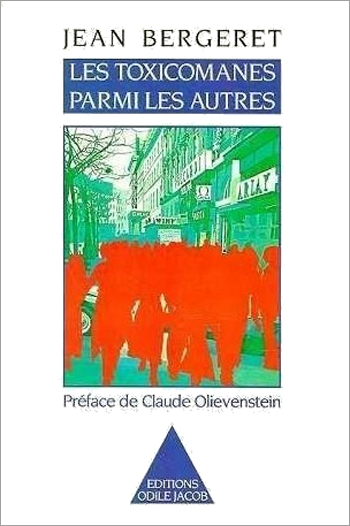Catalog All books
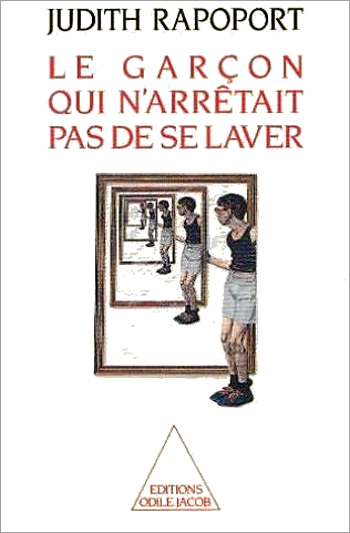
Judith Rapoport
The Boy Who Couldn't Stop Washing The Experience and Treatment of Obsessive Compulsive Disorder
At the age of fourteen, Charles spent three hours a day in the shower and it took him two hours to get dressed. He suffered from obsessive-compulsive disorder, a strange and secretive illness that affects the lives of hundreds of thousand of people. For the first time, they speak out, accompanied by their doctors, and invite us to reflect on this mysterious illness which we are just only beginning to be able to treat. Psychiatrist Judith Rapoport directs the children's psychiatric services program at the National Institute of Mental Health in Bethesda, Maryland (United States).
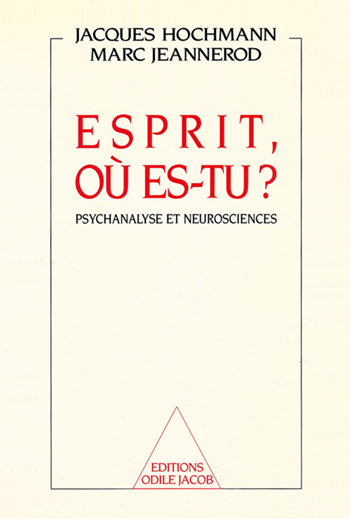
Jacques Hochmann, Marc Jeannerod
Is there anybody there ? Psychoanalysis and Neuroscience
For the first time, a psychoanalyst and a neurophysiologist have put their expertise together in order to progress in knowledge. The focus is rather on their ability to listen to each other, and their avoidance of concessions, than on individualistic, polemic arguments. Thus, important bridges are built between the two disciplines, which perhaps heralds the advent of another psychology. Jacques Hochmann is a professor of psychiatrics and a psychoanalyst. Marc Jeannerod is a professor of physiology and a neurophysiologist.
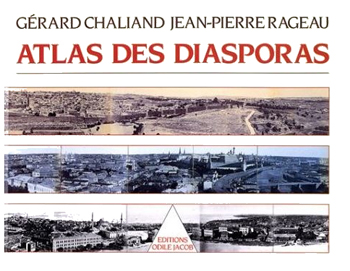
Gérard Chaliand, Jean-Pierre Rageau
The Atlas of Diasporas
For the first time, a complete and global presentation, both historical and geographical, of diasporas. Sixty maps, many illustrations, and accurate syntheses help reproduce the great archipelago of exile, wandering and migration. From the authors of The Strategic Atlas, The Political Atlas of the 20th Century, and The Atlas of Europeans.
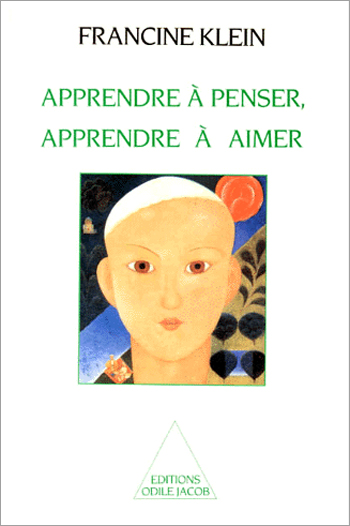
Francine Klein
Learn to Think, Learn to Love
Is everything determined at birth and in our first months of life? Why is it that certain children experience difficulty in learning to walk and to speak? Why them and not others? By describing the mechanics of learning and intellectual development, Francis Klein emphasizes the role of affection and relational factors on early development. She reminds us that to learn to think pre-supposes pleasure and liberty. Francine Klein is a children's psychiatrist and a psychoanalyst.
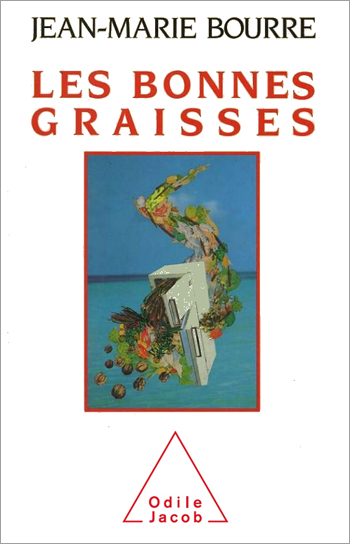
Jean-Marie Bourre
The Good Fats
Are fats the demons of modern times? Are they the bane of too rich diets? Are they the poison of opulent societies? Without fats, which are an absolute necessity for our brain and our health, life would be impossible. Fats are also the vectors of culture, through the many joys of cooking.
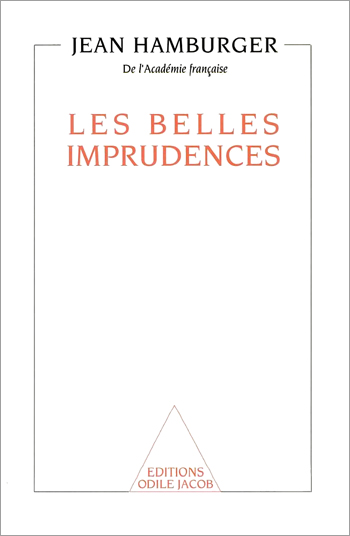
Jean Hamburger
Beautiful Imprudences
"Man has broken all the commandments to which living beings are bound. We had the audacity to want the weak to be protected. We gave rights to the individual. We decreased the rate of infant mortality and doubled the rate of life expectancy. But can we avoid the punishments of these beautiful imprudences?" Jean Hamburger Jean Hamburger was at the forefront of modern necrology and the principals of medical resuscitation. A member of the Académie Française and the Académie de Médecine, he was also President of the Académie des Sciences.
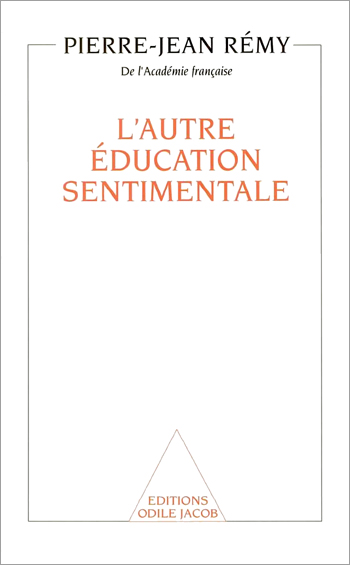
Pierre-Jean Rémy
The Other Sentimental Education
A life recounted through various forms: masterworks and music pieces, pictures and images, the pens of writers, the voices of friends, the steady rhythm of the seasons, an everlasting love. A heart-warming novel by P.-J. Rémy, diplomat and member of the French Academy.
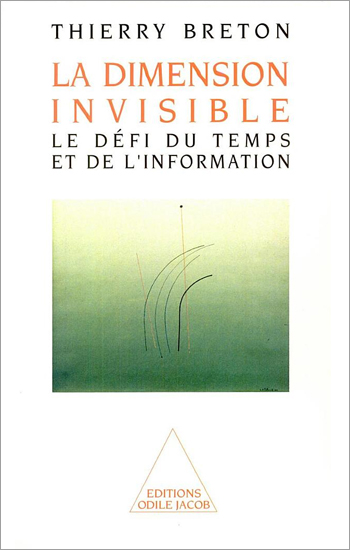
Thierry Breton
The Invisible Dimension The Challenge of Time and Information
The explosion of modern methods of handling information has changed our world. Already space and matter count less then the capacity to control the flux of information. "Intelligence" triumphs, a new source of growth and profit. At a crossroads of science, economy and political and cultural thought, this work is a journey to the heart of the great technological dream of this fin-de-siècle and the society of information that is currently being constructed. Thierry Breton is the author of Softwar, Vatican III and Netwar, works of technological and geopolitical fiction that have been translated in twenty countries.
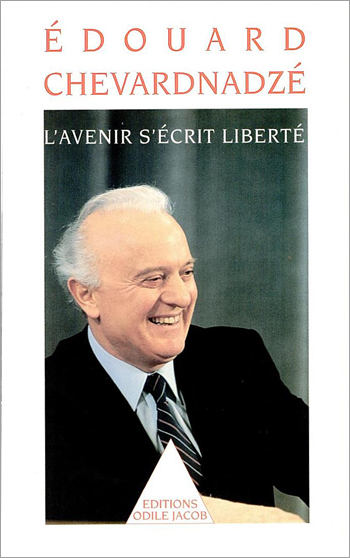
Édouard Chevardnadzé
The Future is Freedom
Why did the former Soviet Union allow itself to be led to the emancipation of the peoples of Central Europe? Why would it accept the reunification of Germany? How did it find the pathway to alliance with the United States? Under what conditions will it be able to master economic crisis and political instability? A lucid look at what is becoming of our world, by one of the authors of change in the East, the ex-Minister of Foreign Affairs of the former Soviet Union.
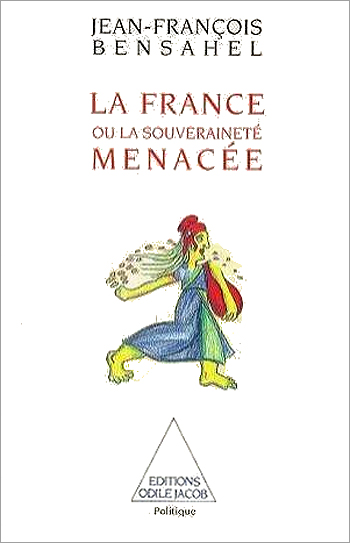
Jean-François Bensahel
France and Threatened Sovereignty
What may one hope for from a united Europe? What will be the future of France? Discouraging of both European illusions and those myths of the 1980s, the money-king and the triumphant individual, this work provides an indispensable reflection on how to tackle the difficult years ahead, to avert the explosive risks that weigh heavily on society and restrict the actions of the French State. Jean-François Bensahel, an ex-student of L'Ecole Normale Superior and the Ecole de Mines, holds a graduate degree in mathematics and is a high-level functionary.
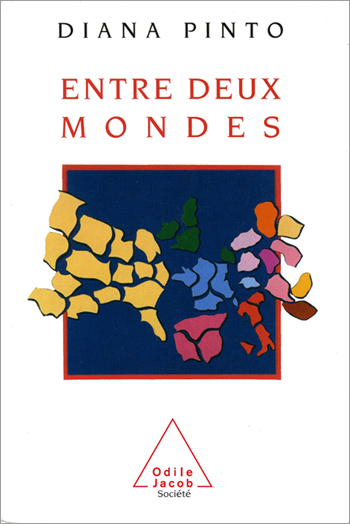
Diana Pinto
Between Two Worlds
How can the individual s identity solidify in today s multicultural context? D. Pinto's essay in comparative cultural history, written in the first person, is a sensitive and critical document in favor of an open Europe and a pluralistic society.
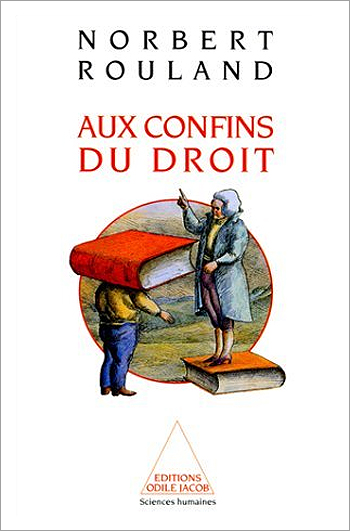
Norbert Rouland
The Confines of the Law
How did law come about? How do different societies answer to the same need for justice? N. Rouland invites us to explore the many aspects of law. Through various societies, a constant question emerges: can Africans, Asians and Westerners all adhere to the same norms? Norbert Rouland is a professor at the University of Aix-Marseille-III, where he teaches judicial anthropology and the history of law.
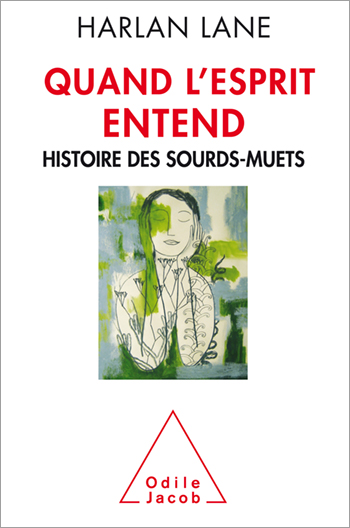
Harlan Lane
When the Mind Hears A History of the Deaf
This historical work recounts the struggle of deaf-mutes against prejudice, so that their rights and their language, sign language, were recognised. The people figuring in this book run from the abbey de l'Épée to Laurent Clerc, the spokesman for this community in the United States. A linguist, psychologist, and specialist in sign language, Harlan Lane teaches in Boston. He is the author of The Wild Child of Aveyron, which inspired the famous film by François Truffaut.

